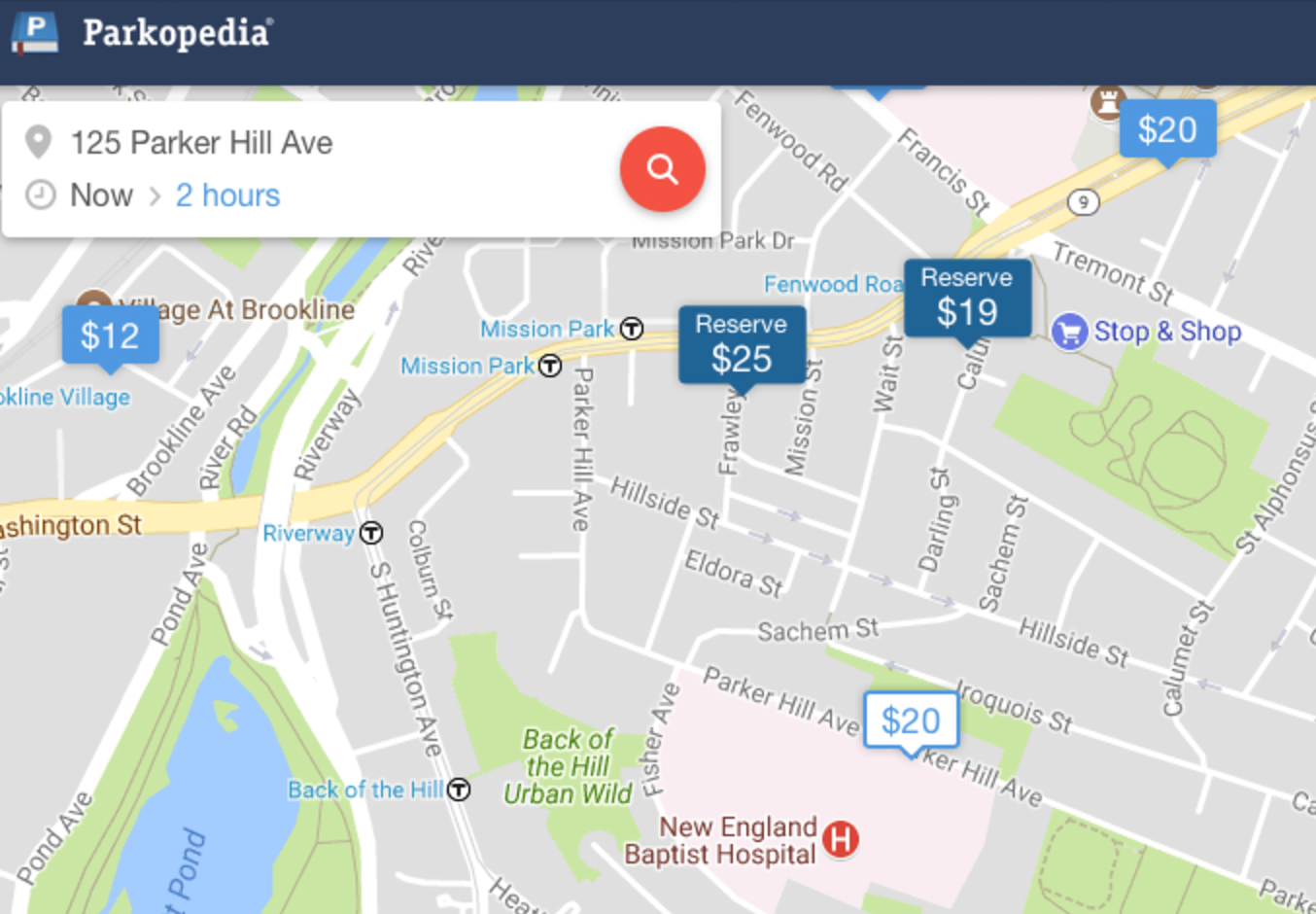Boston Mayor Marty Walsh may kill the city's experiment with managing the price of on-street parking, according to local news sources.
The city's pilot program raises rates for curbside parking where and when demand is highest, in an effort to encourage turnover and prevent double-parking and traffic caused by drivers searching endlessly for open spots. The approach is based on the research of economist Donald Shoup, which several large American cities -- most famously San Francisco -- have translated into smarter parking management programs over the past decade.
Walsh told Hillary Chabot at the Boston Herald that the "first information I got back on the pilot didn’t necessarily show that it was doing what we thought it would do," but he couldn't say what the effect of the program has been:
"We did it for two reasons, one was to cut down on congestion on the roads and two was to open up spaces on Newbury Street," said Walsh, adding that while it's opened up some parking spaces, "I don’t know if it's necessarily cut down on congestion."
City Hall hasn't released data on the pilot, and we have yet to hear back from Boston DOT after requesting the results so far. Given the lack of transparency by the city, it's hard to tell what's going on, but Walsh implies that the program increased parking turnover without making a major impact on congestion. If so, that's still significant -- it could mean that more people are able to use the same number of parking spaces.
Managing the price of parking often requires some trial and error. It's entirely possible that prices of up to $3.75 per hour in Boston's busiest areas weren't high enough to change behavior much. Or maybe parking turnover did increase and cruising for spaces decreased, but other factors led congestion to stay constant.
What's troubling is that Walsh seems to have reached a conclusion without fairly assessing the program and trying to make it work. Instead policy decisions are being dictated by complaints about higher parking rates, resistance from local council members, and car-centric coverage like the Herald's story (lede: "Boston drivers could get relief from sky-high parking meter fees...").
In San Francisco, the SFPark program led to greater on-street parking availability and less cruising for spaces, and in New York, PARK Smart has been shown to increase parking turnover and reduce traffic. The same principles at work in those cities should apply in Boston as well. If Walsh ends the parking management program at the end of the year, it says more about his lack of courage than the policy he's abandoning.
More recommended reading today: The Urbanist reports that Sound Transit in Seattle is expanding its formal "busking program" for performers who want to entertain riders. And at Atlanta is the City, Darin Givens explains how uncomfortable a relatively short walk can still be in downtown Atlanta, especially with children.






